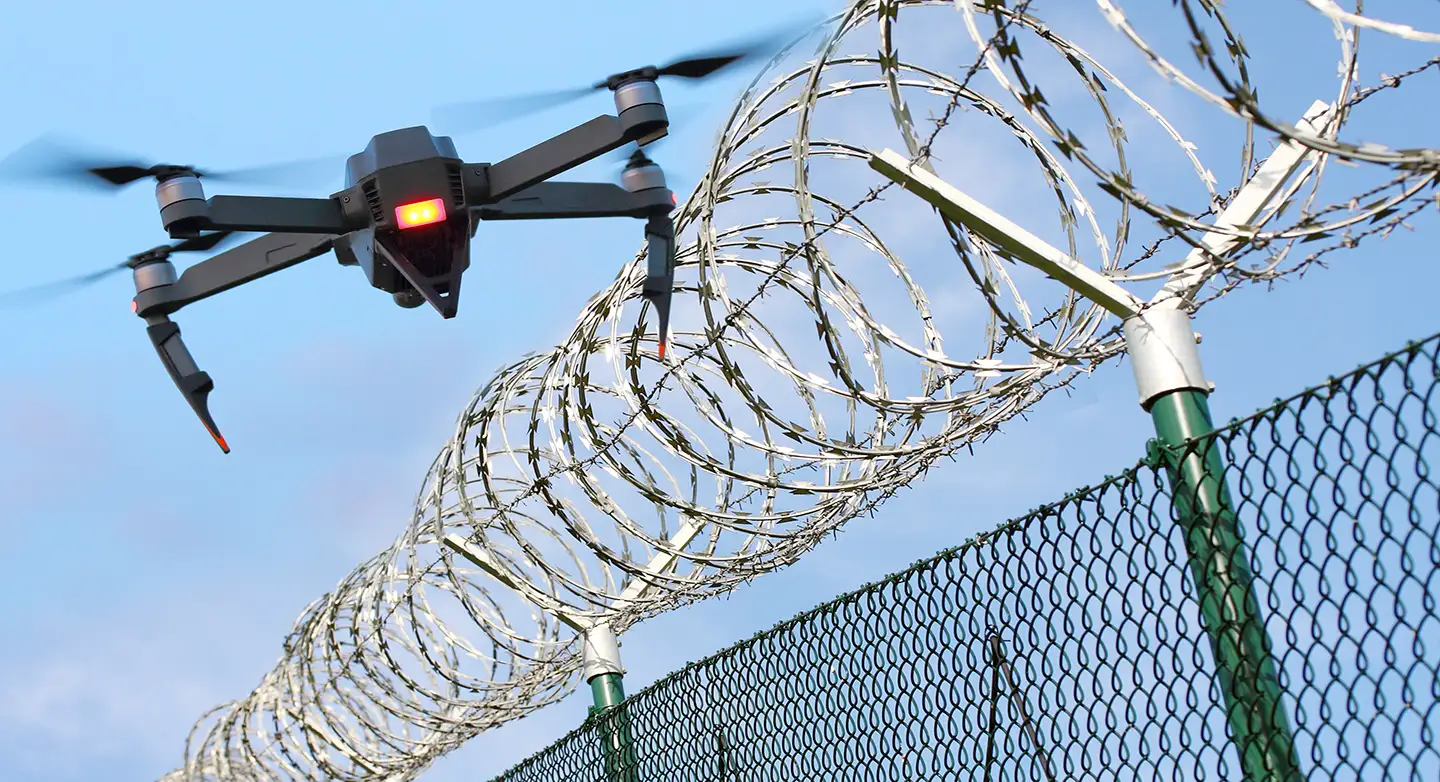
Through innovations in technology, engineering, science and complex mathematical calculations, sophisticated sets of rules called algorithms are being designed into artificial intelligence to make them capable of making decisions and use high-level intelligence, thinking and emotion, just as we would.
This is an exciting world to be part of – something that is becoming a reality in so many different aspects of our lives and in a variety of professions where automation and electronic decision-making by machines are prevalent for all to see and experience. Artificial Intelligence reality is not too far from Hollywood!
But what happens if a machine capable of learning from its algorithm and improving its decision-making skills from its successes and mistakes, does in fact make mistakes? This piece looks at the liability and culpability of AIs. The thinking behind this piece is set within the blogger’s area of teaching, which features the use of AIs in law enforcement and in administering justice and law and focuses on the Home Office’s Modern Crime Prevention Strategy, which highlights the crucial role that technology will play in the future of the modern crime prevention.
Current use in justice system
The use of artificial intelligence (AI) and algorithms has the potential to enhance various aspects of criminal justice decision-making.
- AIs are currently being used in pilot schemes to help with predicting, preventing and solving crimes. This includes using predictive maps and big data make predictions on location of likely crimes to prevent these from happening, and using offender analytics to predict chances of reoffending.
- A pilot of a machine making judicial decisions resulted in 76% accuracy in determining the outcome of a case using data of how cases had previously been decided as a pattern recognition. There is also greater use of automation to help lawyers undertake their work, including pilot work on automating the conveyancing of property process.

Robots gone wrong
- Weighing in at three hundred pounds, a security robot fails to detect properly and runs over a toddler at a shopping centre in California
- A robot was arrested for buying ecstasy online but was later released by police in Switzerland
- A robot in a motorcycle factory killed a human worker in Japan
- A driver was killed in a car crash whilst inside an automated car which was moving on autopilot. Tesla Motors was absolved of criminal responsibility because the driver did not take any action when a warning was administered by the car
- PredPol is an AI-software being piloted in policing in the UK. It has generated controversy because of potential discrimination in its decision-making against black and ethnic minority offenders. Similarly, Compas, used in the US, has received similar criticism.
While AIs have the potential to enhance various aspects of law enforcement, we must have in mind that they also present a number of complex ethical and legal considerations. The House of Lords report titled ‘AI in the UK: ready, willing and able?’ published April 2018 explained that ‘while AI-specific regulation is not appropriate at this stage… Existing regulators are best placed to regulate AI in their respective sectors.’
Problems and unanswered questions
- How reliable and accurate is a robot’s algorithm in making predictions and judgements which could fundamentally impact our lives significantly?
- How will we ascertain the criteria and factors which a machine uses to come to its decision?
- Is transparency and accuracy in a machine’s decision-making something we can enforce?
- Could robots be bias?
- Should there be a set of criteria which will determine the sorts of data that is fed into the algorithm?
- How do we determine the extent AI can learn from its mistakes and successes?
- To what extent can robots replace what humans do? Who is culpable and liable when a robot goes haywire?
- Could robots be held responsible?
The study and practice of law is presented with these novel challenges. In the next five years or so lawyers will be faced with tackling these issues, and will have the opportunity to shape the way laws are created and interpreted within the digital landscape. The law is a living instrument, to be interpreted and applied in light of societal needs and modern times, so how will we be able to ensure justice, fairness, responsibility, transparency, accuracy and accountability with the intelligent and growing capabilities of AIs?
Next, we take a very brief look at whether our existing Criminal law can aid us in establishing culpability in AIs. At the moment there are no specially designed laws which apply to liability and responsibility of AIs.
Laws apply to legal persons only
Laws are enforceable by and against legal persons. ‘Legal persons’ is general terminology used in law vocabulary to describe an entity which has rights and responsibilities recognised by the law. Some examples include allowing for suing others for a harm or wrongdoing committed against them, being sued for a breach, mistake or criminal offence, and being capable of entering into legally binding contracts. Within this context, human beings are legal persons. Countries and states are legal persons and can be brought to court. Businesses in the form of partnerships, professional bodies, companies and corporations are considered to be legal persons for the purposes of establishing liability and legal rights and can be sued over criminal, corporate and civil offences.
The problem arises when the machines themselves make decisions of their own accord, where they become capable of learning from their successes and mistakes and begin to apply new learning in different situations (known as machine learning). Here, we are interested to know whether machines themselves are considered to be legal persons. The law says this is not yet the case. There is no recognition of robots as legal persons – so they can’t currently be held liable or culpable for any wrongdoings or harm caused.
Further challenges in establishing a crime
Criminal law has two important concepts that must be established:
- An action of a criminal act or an omission to act
- An intention to cause harm to someone, or having the awareness and knowledge within the standard expected of a reasonable man that harm was a likely consequence of their action. It may be the case that a robot could have committed a criminal act or omission, but how do we know the robot intended to do what it did? How can we establish the intention of a robot?
Could a robot claim the defence currently available to people such as diminished responsibility, provocation, self-defence, necessity, mental disorder or intoxication should it begin to malfunction or make flawed decisions? The law as it stands lacks clarity here. For now, the fault is said to lie within its design, programming and manufacturing. This is inadequate where intelligent machines are capable of learning from their successes and errors to improve, and as technology continues to advance. Indeed, the law is in a state of disruption and flux.
It appears that Criminal law only goes so far to embrace the disruption of automation and artificial intelligence technology. In the coming years, there will be many of these conversations to be had within our legal system.

Join in the conversation and tell us what you think
- What algorithms do you know are currently in use in the legal system in England and Wales, nationally and internationally?
- What are some of the benefits that can be derived from the use of algorithms?
- What are some of the challenges and complexities?
- Should there be new laws drafted specifically to regulate the design, programming and manufacturing of AI?
- Should AIs have rights which are recognised and protected by the law?
- Should there be new laws drafted specifically to allow AIs to be prosecuted for crimes committed by actions of AIs?
Let us know what you think.
Our next piece will be on administering justice through online courts: Does the doctrine of justice need a reinterpretation?
Want to find out more?
You are ready to take that next step. Ready to make that life-changing decision and work towards your career goals. By downloading our prospectus you will have the world at your fingertips.
You can browse our 100+ unique course options and have access to finance and support information to get you started. Discover all of the courses available to you from Arts to Zoology – we’re excited to see what you choose.

.jpg)


.jpg)